Help
Community21 has selected some case study communities and projects to share across the network to inspire and inform others. Should we be featuring yours? If so get in touch.
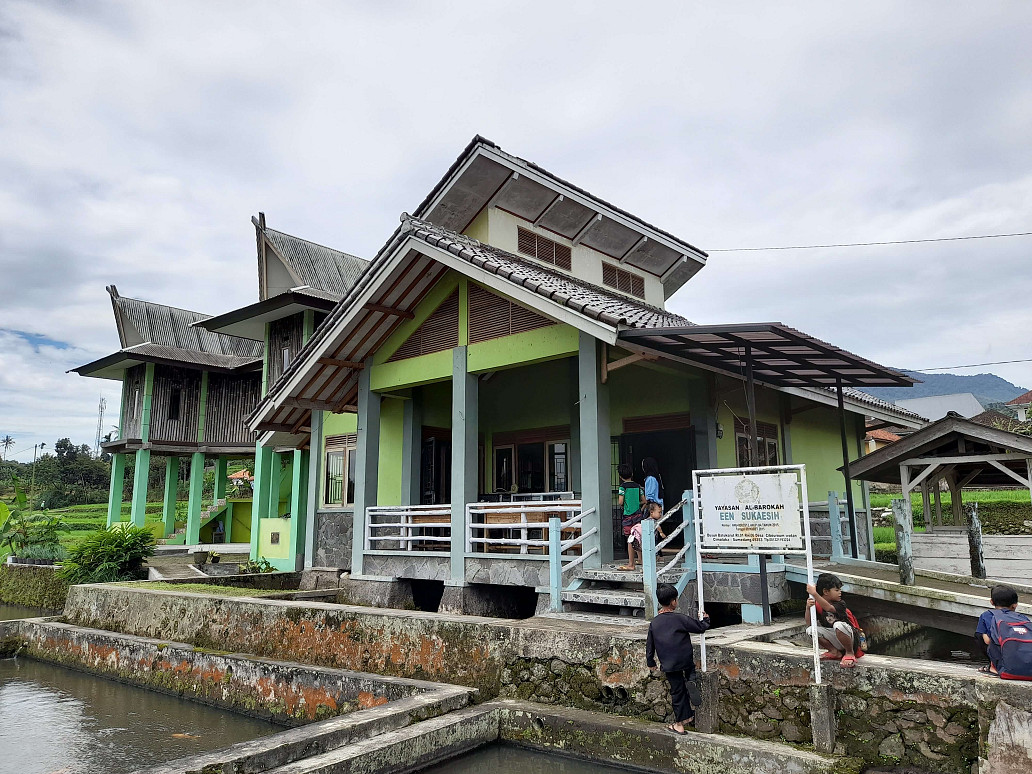
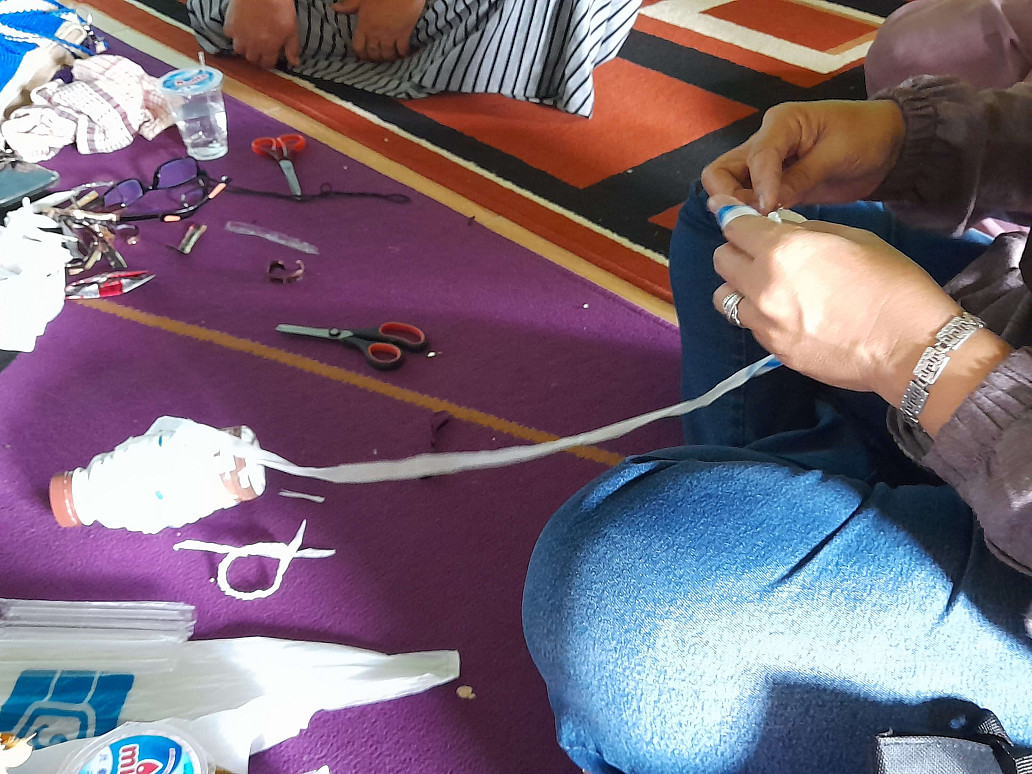
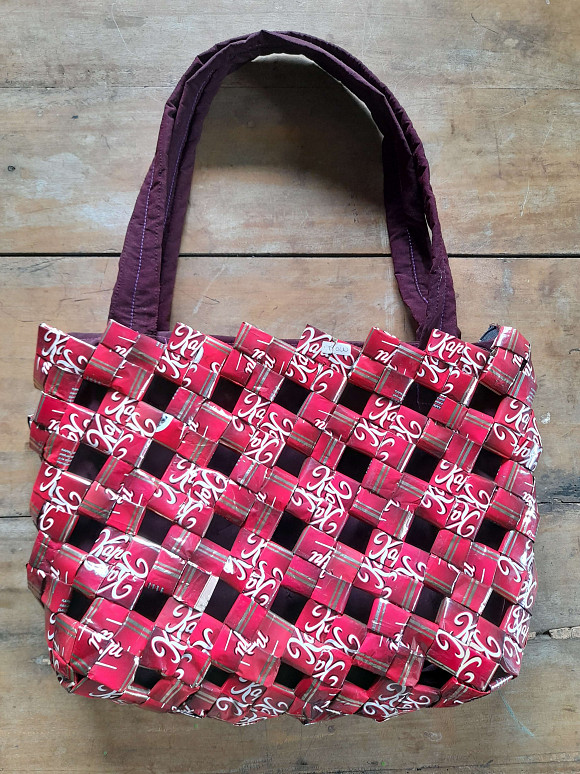
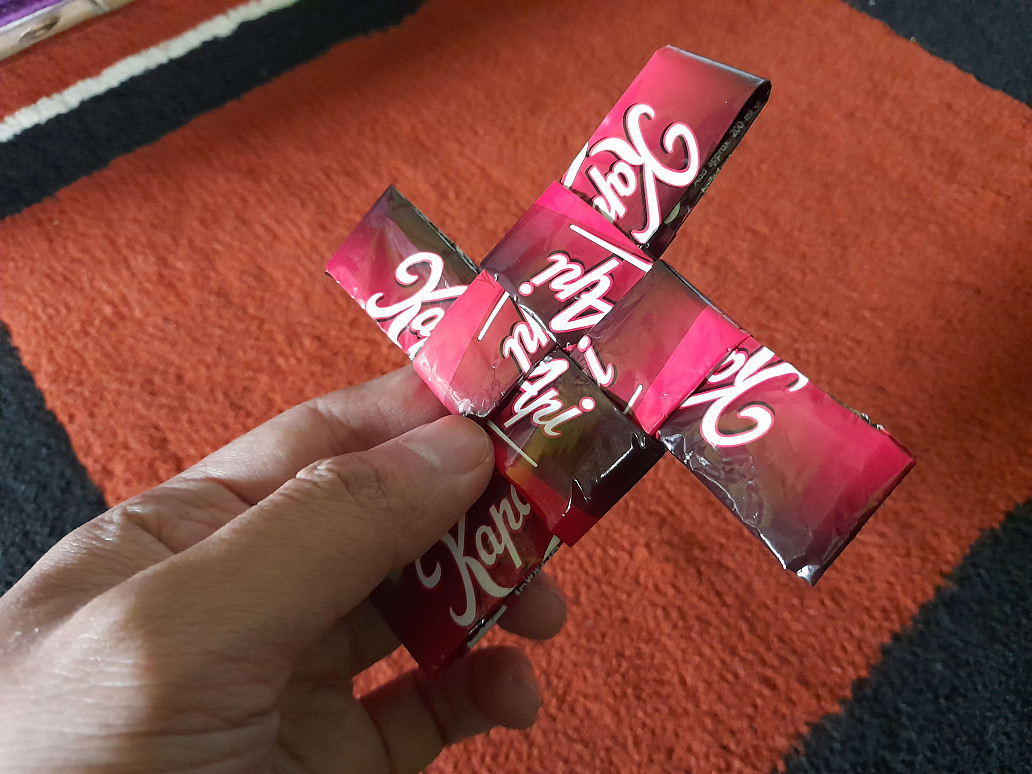
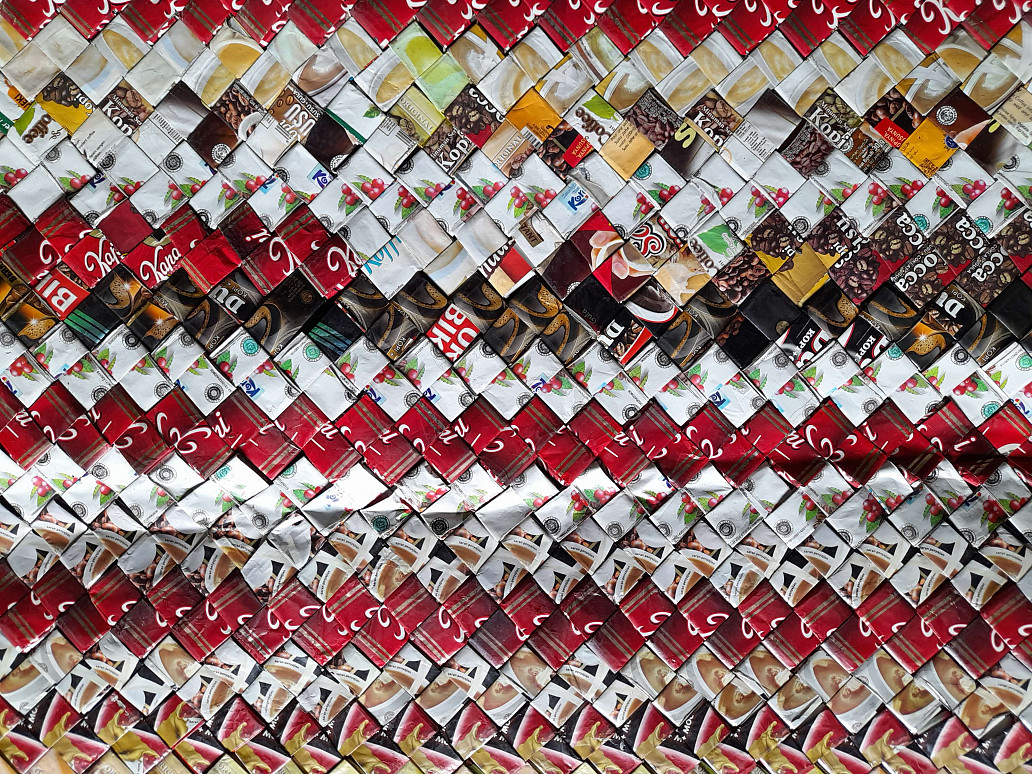
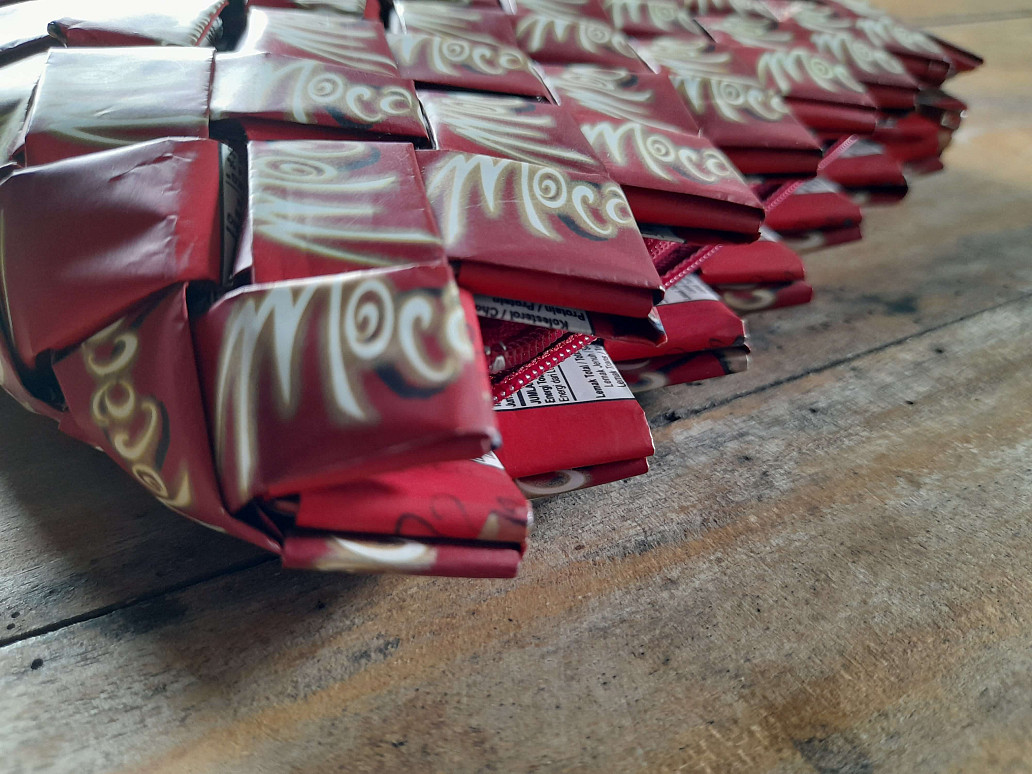
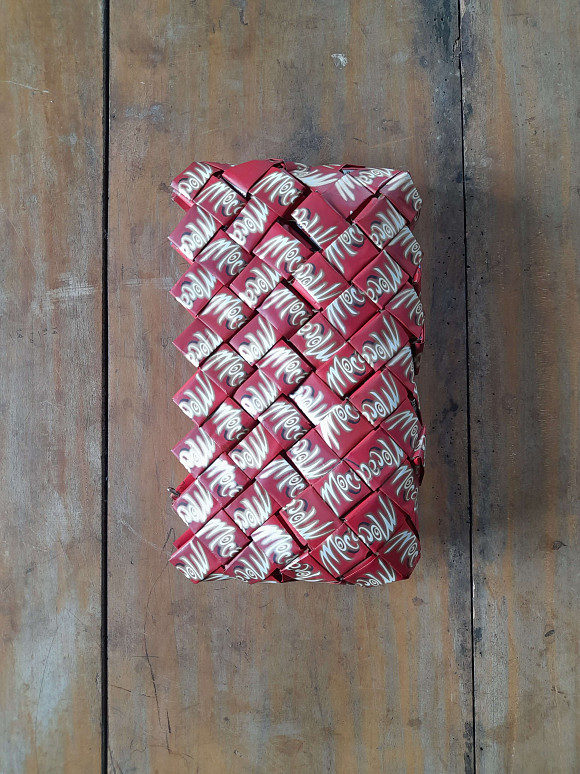
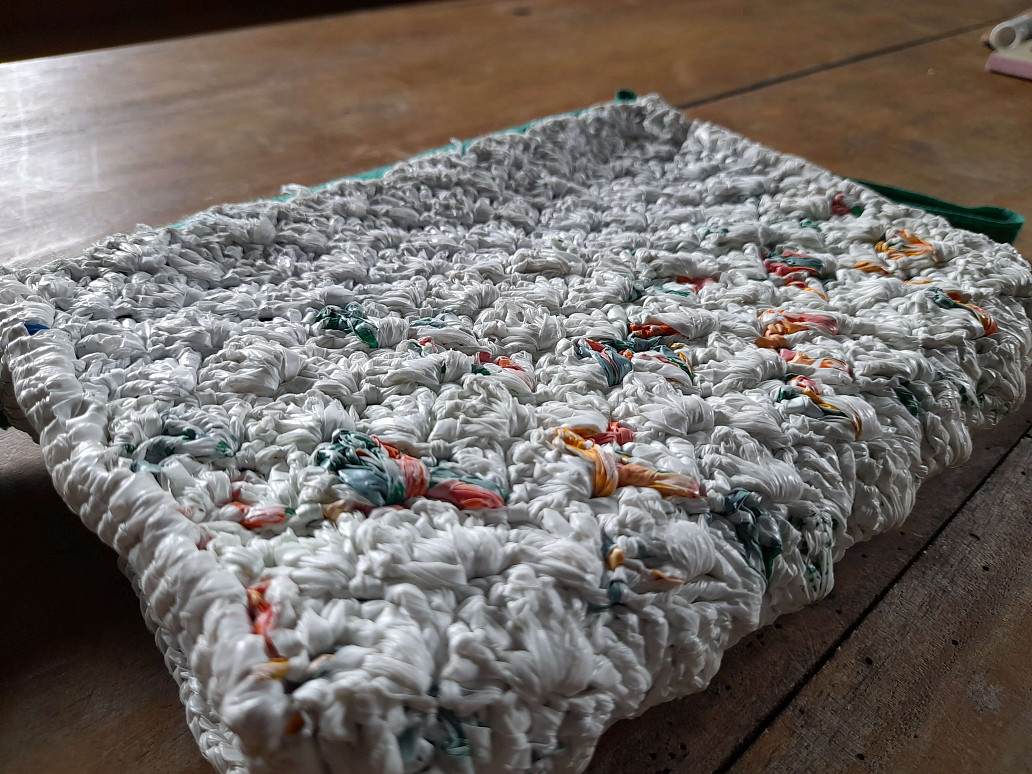
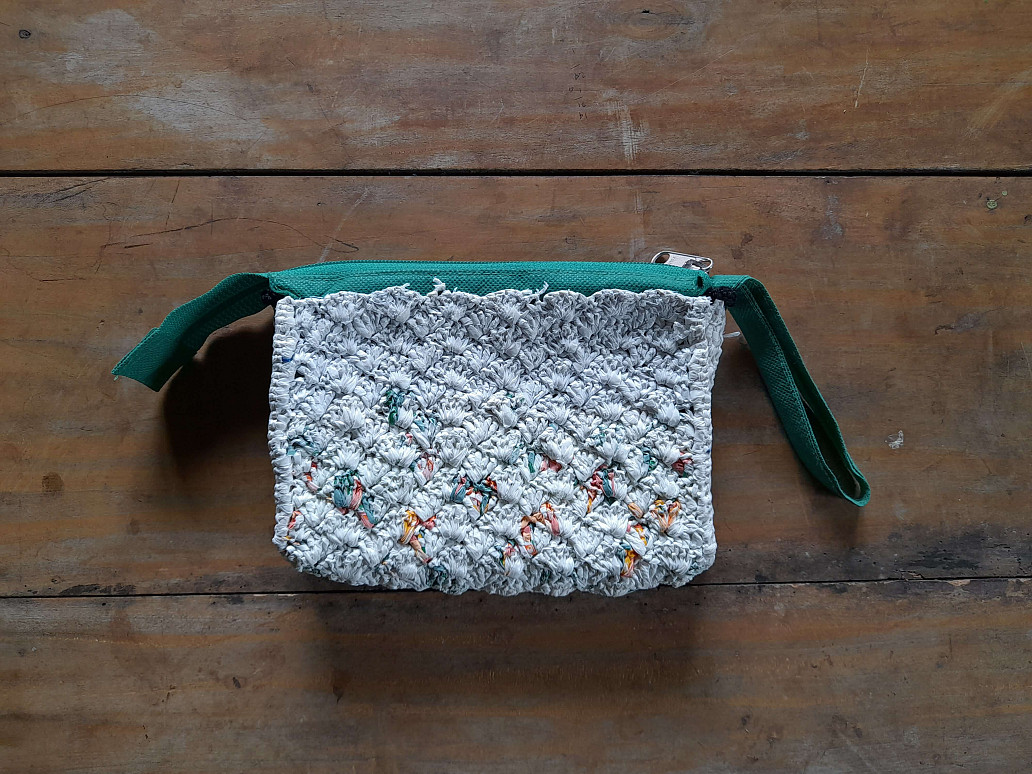
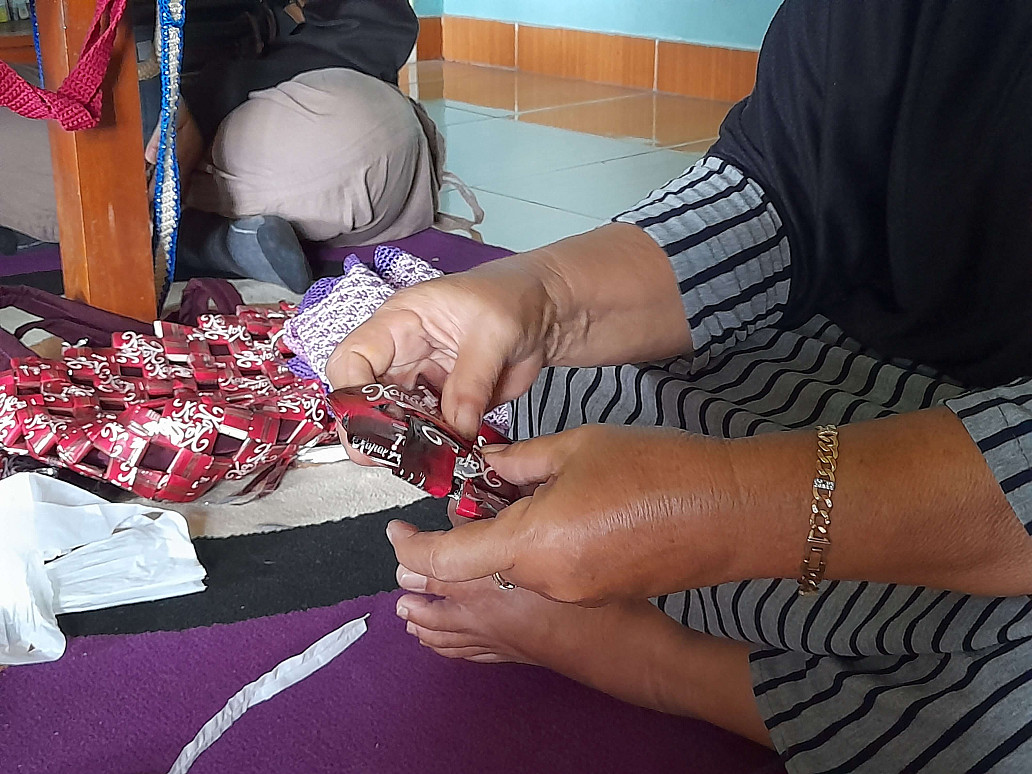
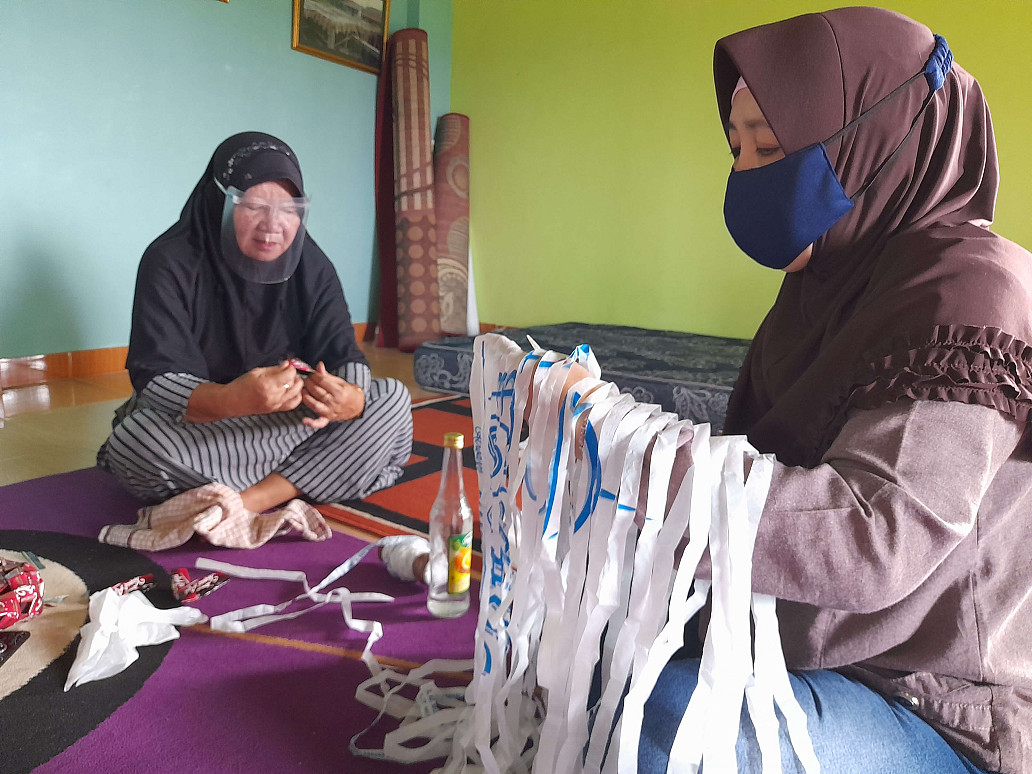
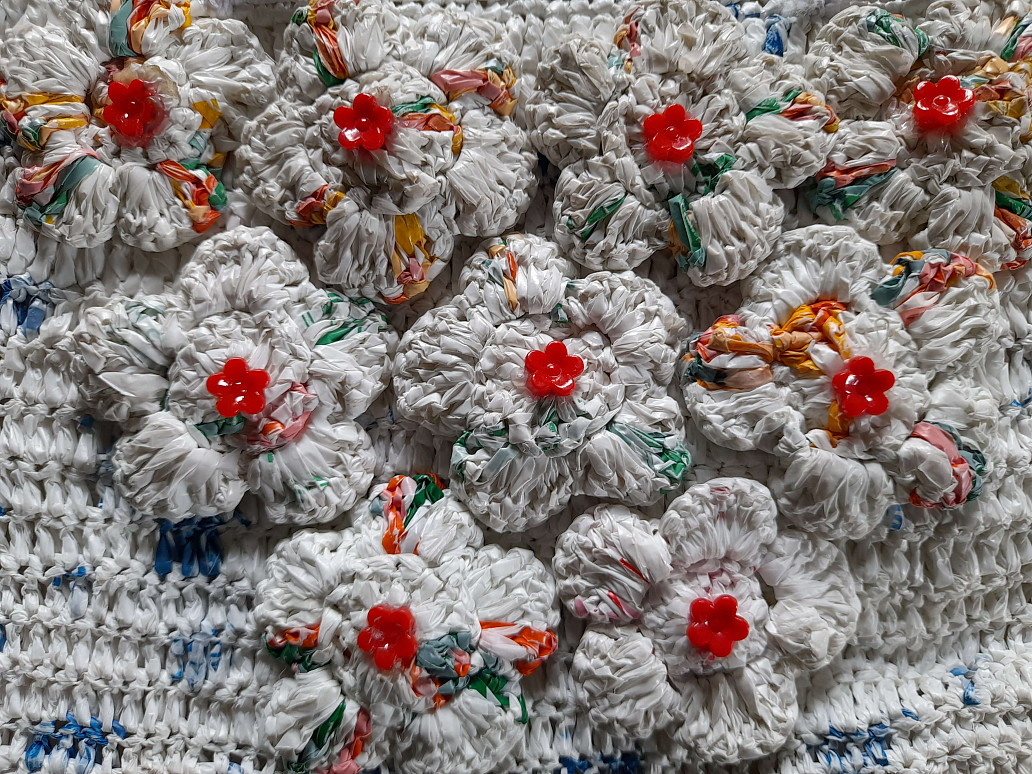
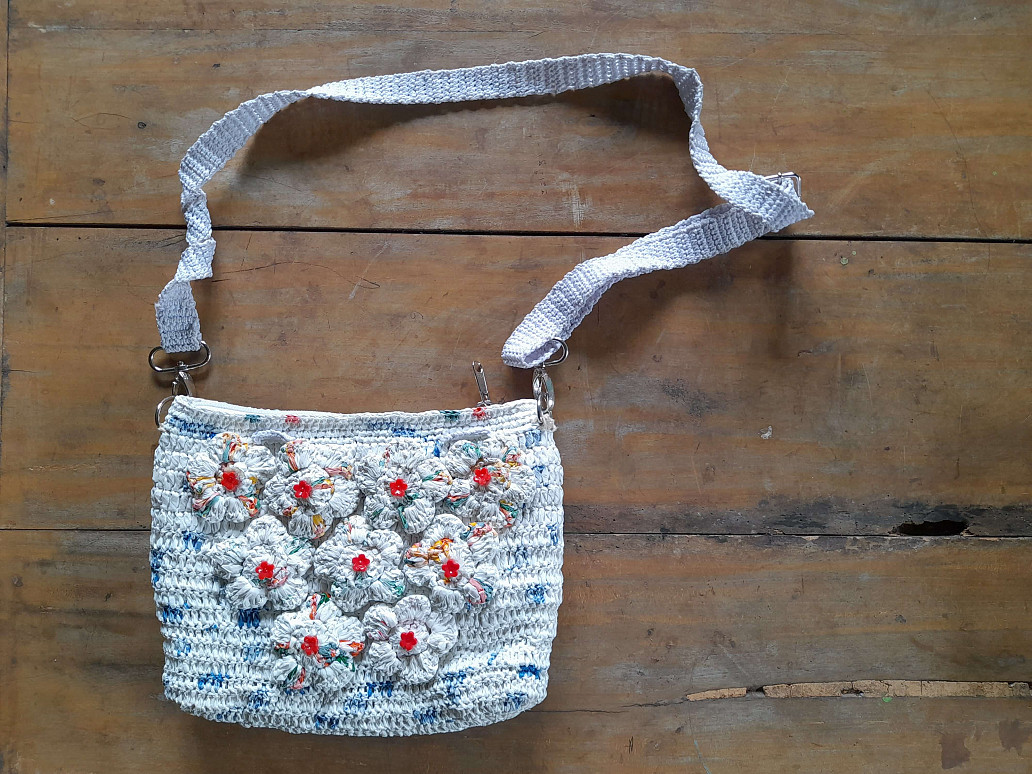
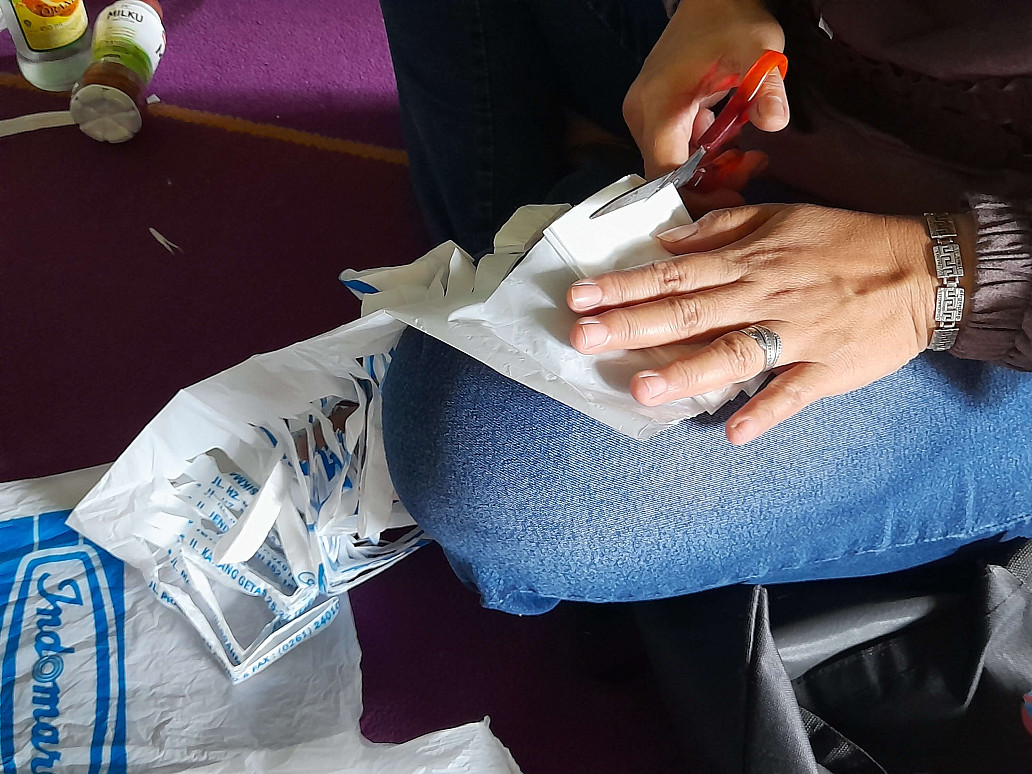
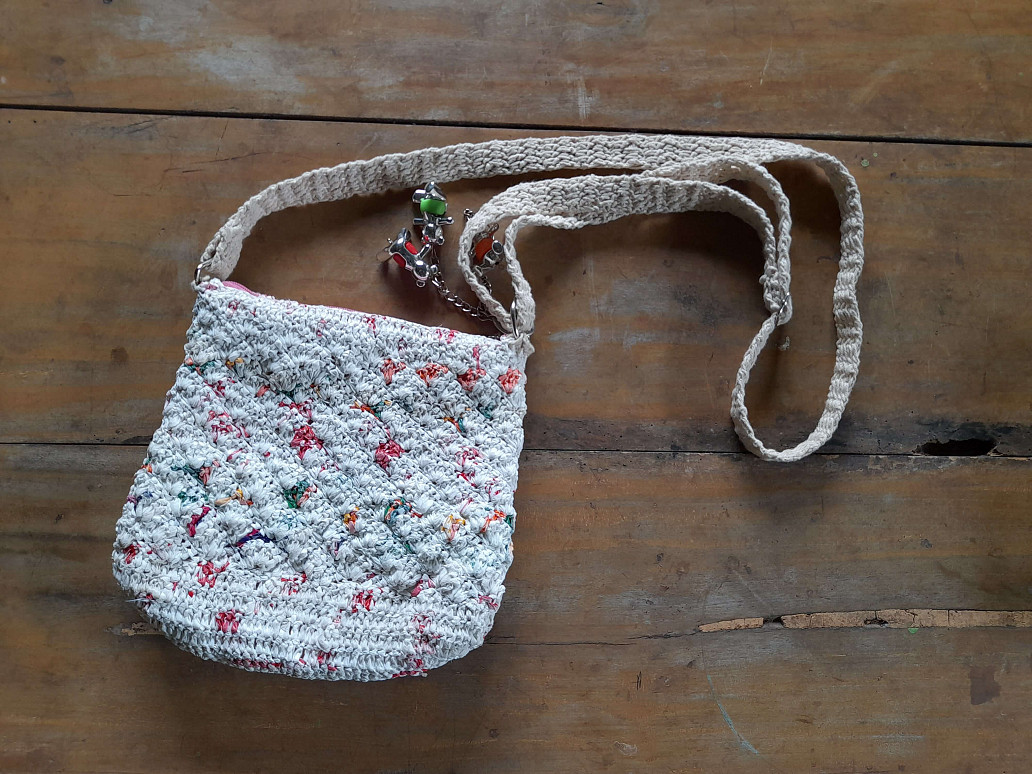
Name: Keken Sumarni, Nyai Warliya
Location: Cibeureum District, Sumedang Regency
Specialist materials: Plastic waste
Products: Webbing
The Al-Barokah Smart House (Rumah Pintar Al-Barokah), which was founded by Mrs. Een Sukaesih, is one of the craft centers in Sumedang. Woven and knitted products from plastic waste, such as bags, wallets, mats, and table mats, are some of their successful products. The initiative to create these products begins with the opportunity to empower women who take their children to study at Al-Barokah Smart House (Rumah Pintar Al-Barokah). Located in a rural area, Al-Barokah Smart House is surrounded by farmland. "Garbage like this is not good for areas with agriculture like ours," said Mrs. Keken explaining the amount of waste or garbage around the agricultural land. We know that chemicals in waste can damage soil fertility and pollute water. Awareness of the inhospitableness of plastic waste to agricultural ecosystems has made local mothers decide to turn plastic waste into handicrafts that have economic value. In addition, the availability of raw materials is also abundant because every day there must be someone who consumes coffee sachets. Specifically, the plastic waste used is all kinds of coffee packaging, plastic bags, candy wrappers, and fabric softeners pouches. Other materials used are yarn, to connect the wrappers/packages together; lining and zipper fabrics, for products such as bags and wallets. They usually get these materials from stalls or relatives and close friends. They requested them not to throw away all plastic waste from coffee and collect them in sacks. Sometimes they also specifically ask for a particular coffee brand to be collected for better and neater woven patterns in their products. There are ten craftswomen in this craft center. They have acquired the skills of weaving and knitting since elementary school. They do not see or learn it from other places, such as the internet. They have their own ideas and ways to increase their aesthetic value, such as arranging woven patterns, brand patterns on coffee packaging, product shapes, etc. One woven bag requires twenty empty coffee sachets. One knitted bag requires ten plastic bags and three days of processing time, depending on the size of the product. Other tools needed to make these products are knitting tools and used water bottles for rolling the plastic.